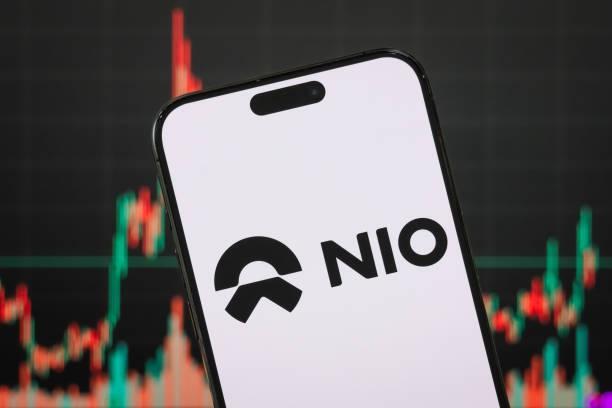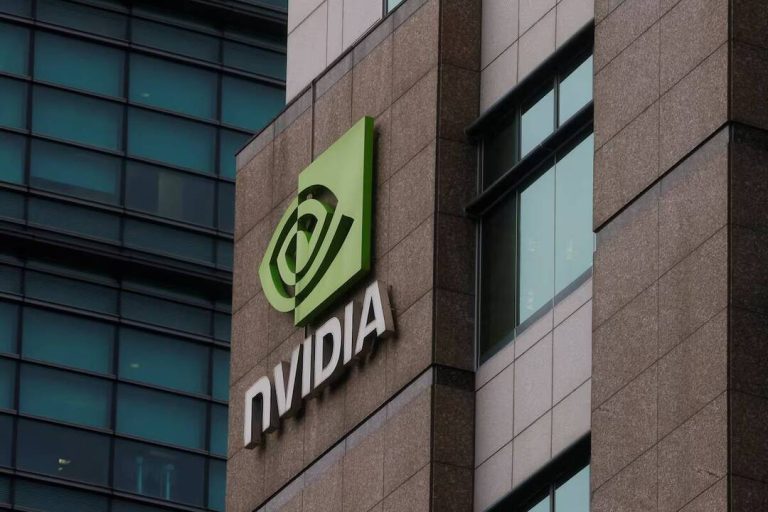
Nio Bounces Slightly After Licensing Its Shenji NX9031 Chip
The electric vehicle (EV) market has been experiencing a significant surge in recent years, with numerous companies emerging as major players. One such company is Nio, a Chinese EV manufacturer that has been making headlines with its innovative products and technological advancements. In a recent development, Nio has started licensing its Shenji NX9031 autonomous-driving chip to an external buyer, marking a significant commercial move for its in-house chip program. This news has led to a slight bounce in Nio’s shares after-hours, following a 10-session losing streak.
The Shenji NX9031 chip is a crucial component of Nio’s autonomous driving technology, which is considered one of the company’s core strengths. By licensing this chip to other companies, Nio is not only generating additional revenue streams but also expanding its reach in the EV industry. This move is seen as a strategic decision to monetize its technological capabilities and strengthen its position in the market.
Nio’s decision to license its chip technology comes at a time when the company is undergoing significant restructuring. The company is reorganizing its unit and expanding partnerships to achieve its goal of reaching profitability by the fourth quarter. This is an ambitious target, considering the company’s recent performance, which has seen its shares decline over 10 consecutive sessions. However, the licensing of the Shenji NX9031 chip is expected to play a crucial role in helping Nio achieve its profitability targets.
The news of Nio licensing its chip technology has been well-received by investors, who have been eagerly waiting for signs of progress from the company. Nio’s shares edged higher after-hours, providing a much-needed respite for investors who have been witnessing a decline in the company’s stock price. The modest rebound is a positive sign, indicating that investors are confident about Nio’s ability to turn its fortunes around.
The licensing of the Shenji NX9031 chip is not only a significant commercial move for Nio but also a testament to the company’s technological capabilities. The chip is a result of Nio’s significant investment in research and development, and its licensing is expected to generate substantial revenue for the company. This move is also expected to help Nio expand its ecosystem, enabling other companies to integrate its autonomous driving technology into their products.
Nio’s decision to license its chip technology is also seen as a strategic move to stay ahead of the competition. The EV market is becoming increasingly crowded, with numerous companies vying for market share. By licensing its technology, Nio is not only generating revenue but also creating a new revenue stream that can help it stay competitive.
The company’s restructuring efforts are also expected to play a crucial role in helping Nio achieve its profitability targets. The reorganization of its unit and expansion of partnerships are aimed at streamlining operations and improving efficiency. This is expected to help Nio reduce costs and improve its bottom line, ultimately leading to profitability.
In conclusion, Nio’s decision to license its Shenji NX9031 chip is a significant development that is expected to have a positive impact on the company’s financials. The move is seen as a strategic decision to monetize its technological capabilities and strengthen its position in the EV industry. The licensing of the chip technology is expected to generate substantial revenue for Nio, helping the company achieve its goal of reaching profitability by the fourth quarter. As the EV market continues to evolve, Nio’s innovative products and technological advancements are expected to play a crucial role in shaping the industry’s future.






